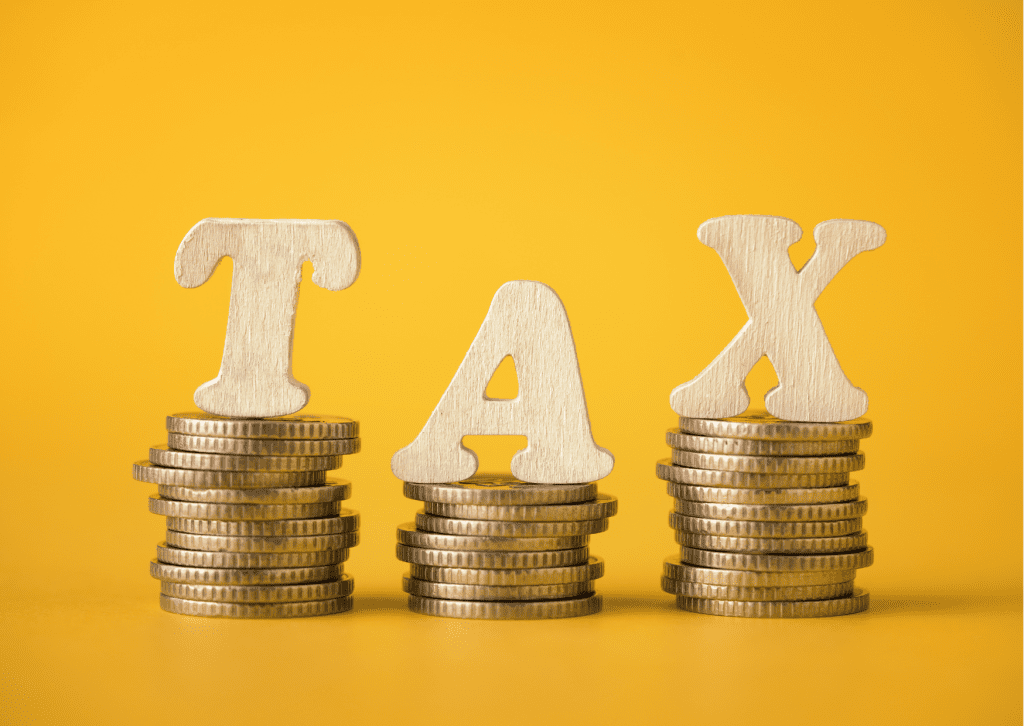
What is it?
The Beckham Law is a Tax Law that applies to foreigners coming to live in Spain for employment purposes.
What does it entail?
The special tax for expats, Régimen Especial para Trabajadores Desplazados (otherwise known as the Beckham Tax) limits the amount of personal tax expats must pay to only 24% on earnings up to €600,000 per year. After that, you’re taxed at 45%.
It only applies to Spanish Personal income, for which the standard Spanish Personal Income Tax (Impuesto sobre la Renta de las Personas Físicas – IRPF) can be up to 48% depending on the amount you earn. Attention! This tax structure only applies for 6 years.
Another advantage of this tax is that it means only paying tax on Spanish income. Income generated outside Spain and assets outside Spain are not taxed (as they would be otherwise). In effect, you’re paying a non-resident tax rather than a resident tax, which is why earnings and assets abroad don’t count.
Who is eligible?
The Beckham Law is an optional regime available only to those who move to Spain to work and become tax residents in Spain.
Each country establishes its own ways to become a tax resident. In the case of Spain, this is regulated by the Personal Income Tax Act. One is eligible to become a tax resident in Spain after living in the country for 183 days during the calendar year, but the application for the special tax regime must be made within the first 6 months of living and earning in Spain. Not only does one have to become a tax resident in Spain to apply for the Special Tax Regime, but it also has to be the first time in 5 years that one becomes a Tax resident in Spain.
One is required to effectively move to Spain for work. There are different ways of understanding “work” in Spain, but it is essential that there is some kind of work activity to acquire the status of tax resident in Spain, which then allow one to apply for the special tax regime. Additionally, one can only qualify if employed by a Spanish entity and with a Spanish work contract (other options on a case-to-case basis might also be available).
Furthermore, it is not possible to receive income through a permanent establishment located in Spain.
Last but not least, the application for the Special Tax Regime requires meeting deadlines, gathering documentation, filing several official forms, maybe even responding to information requests from the tax authorities, etc. But no worries, we are here to support you!
Just follow the link to get started!


